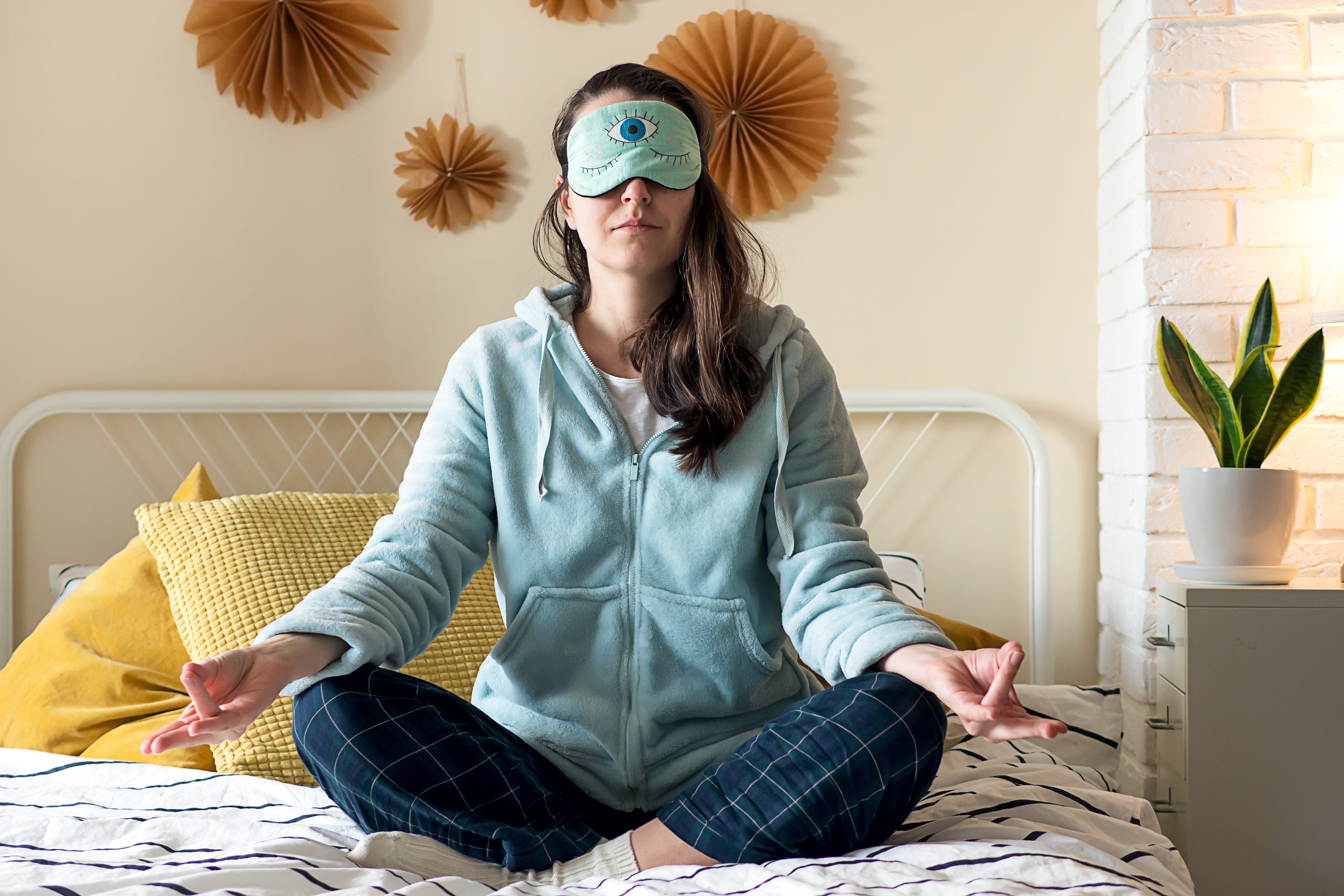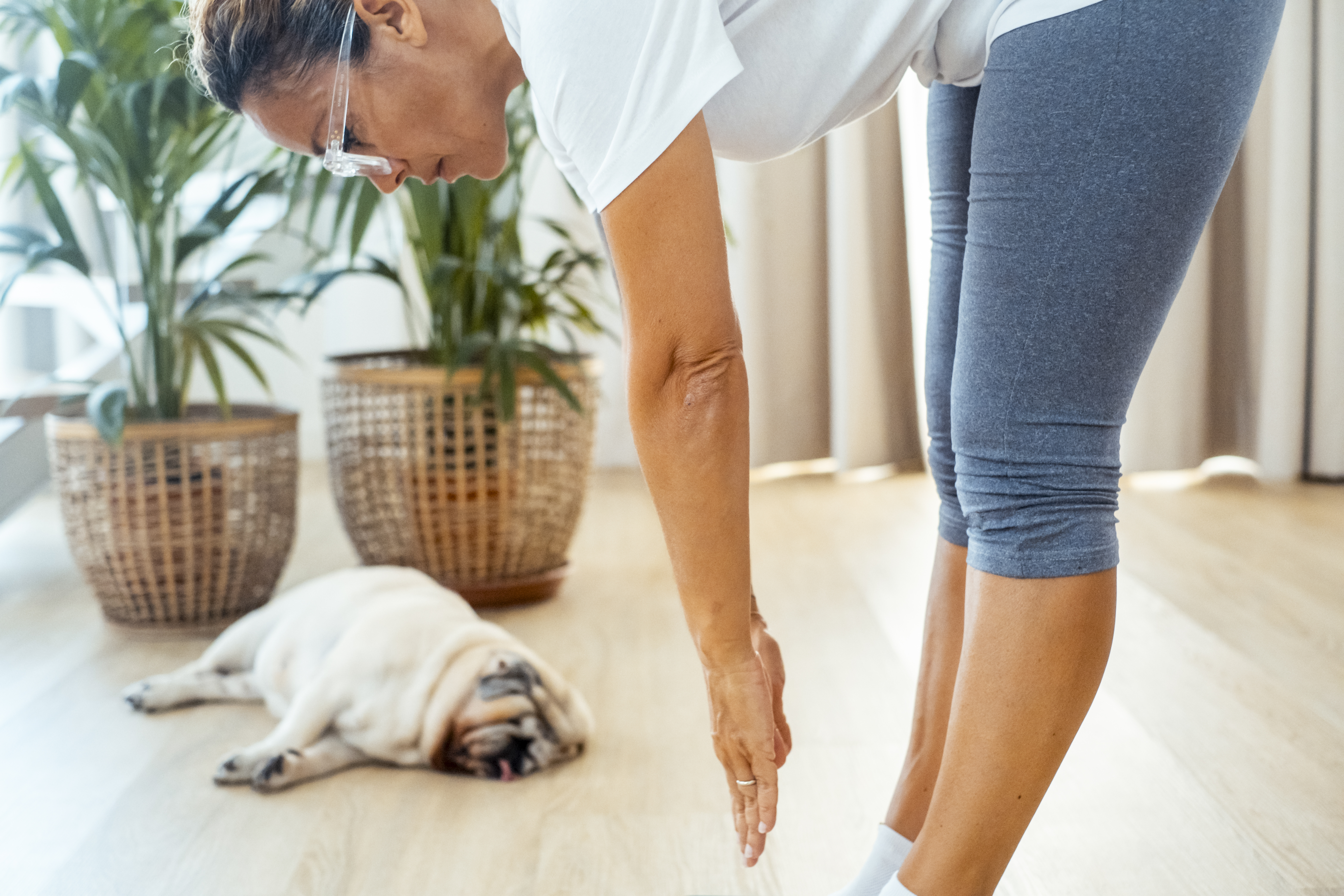20 Natural Sleep-Inducing Habits That Help You Gently Drift Into Dreamland
3. Mindful Meditation and Breathing Techniques

Mindful meditation and breathing exercises are potent allies in the quest for better sleep. These practices focus on calming the mind and relaxing the body, making them ideal for winding down before bed. Mindfulness meditation involves paying attention to the present moment without judgment, often through focused breathing or body scans. This practice can reduce stress and anxiety, common culprits of sleep disturbances. To incorporate mindfulness into your bedtime routine, find a quiet space where you can sit or lie comfortably. Close your eyes and take slow, deep breaths, focusing on the sensation of the air entering and leaving your body. If your mind begins to wander, gently bring your focus back to your breath. Another effective technique is progressive muscle relaxation, which involves tensing and then relaxing each muscle group in the body. This not only helps release physical tension but also promotes a sense of calmness and tranquility. Regular practice of these techniques can improve sleep quality by reducing the time it takes to fall asleep and increasing the duration of deep sleep stages.
4. Exercise: The Daytime Sleep Booster

Regular physical activity is a well-documented contributor to better sleep. Exercise helps regulate the body's internal clock, reduces stress, and can alleviate symptoms of insomnia. Engaging in moderate aerobic exercise, such as walking, jogging, or swimming, can increase the amount of slow-wave sleep, the deep, restorative stages of sleep. It is important to time your workouts appropriately; exercising too close to bedtime can have the opposite effect, as it raises your heart rate and body temperature, making it harder to fall asleep. Aim to complete any vigorous exercise at least three hours before bed. If evening is the only time you can fit in a workout, opt for low-impact activities like yoga or stretching, which can promote relaxation and help prepare your body for sleep. Beyond its direct effects on sleep, regular exercise also improves overall health, boosting mood and energy levels during the day and contributing to a more balanced lifestyle. By making physical activity a regular part of your routine, you not only enhance your sleep but also your overall well-being.
